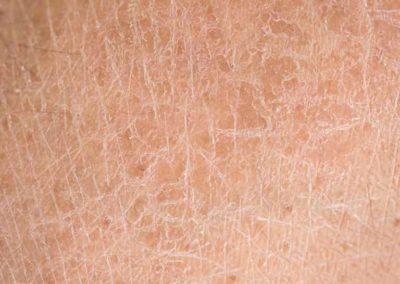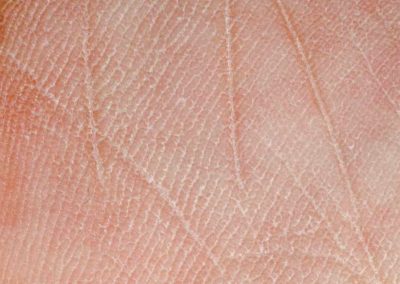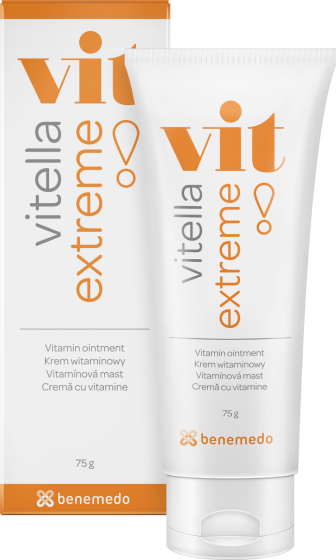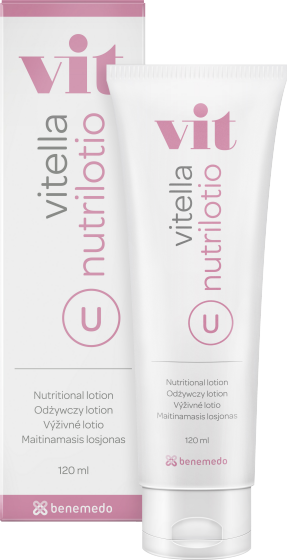Dry Skin
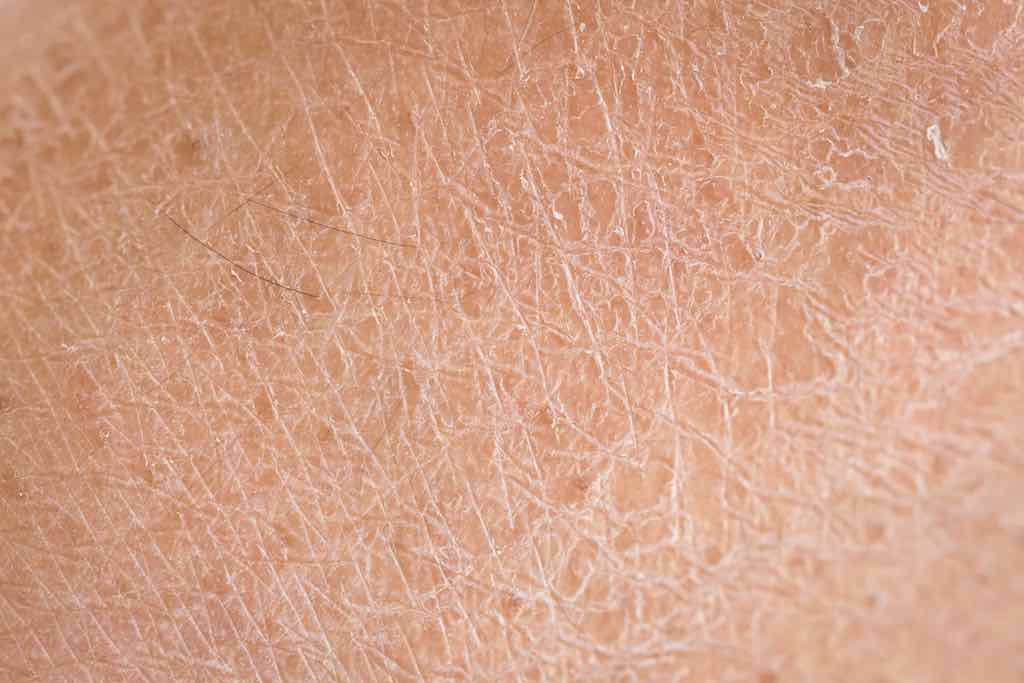
Dry air or being in an air-conditioned environment are just two factors having a negative impact.
The skin of a healthy human is able to retain a sufficient amount of water to ensure its elasticity and to protect the organism from the effects of the outside environment. We all have a different quality of skin as part of our genetic make-up.
Some people inherit dry skin from their parents, skin having the tendency to crack, itch and sting (atopic skin). The skin might be flaky and susceptible to damage or irritation or indeed inflammation. This makes the skin less resistant to the encroachment of harmful substances from outside, infections, allergens and other substances
What causes dry skin?
Excessively dry skin is a problem that affects many people and that also relates to a number of dermatological diseases, such as atopic eczema and psoriasis. Physical factors can also lead to the skin becoming dry. Dry air or being in an air-conditioned environment are just two factors having a negative impact. Dry skin caused by detergents and other products used in activities such as cleaning or washing dishes is a separate chapter entirely.
Dehydration can also lead to skin drying. Untreated diabetes, reduced thyroid gland function, the use of certain medicines, a lack of vitamins (in particular vitamin C) and minerals (zinc) are among the other causes. The skin becomes drier with age and indeed during the winter.
Treating dry skin
Rule number one in caring for dry skin is to regularly apply creams and milks, ideally containing vitamins A and E. Calcium, meanwhile, helps in the regeneration of the skin. Choose products that do not contain colourings, perfumes or preservatives, which would increase the risk of irritation or allergic reactions. You should also choose suitable products for washing and showering. Avoid soaps and scented shower gels, which could irritate the skin triggering dryness. Most suitable are bath and wash oils that contain olive or sunflower oil. It is generally recommended to limit contact with water to a minimum or to substitute long baths with a quick shower. Swimming in chlorinated pools is not recommended.
Looking for a treatement?
Vitella Extreme
Protective vitamin ointment.
Intended for dry and very dry skin.
Vitella U
Softening nourishing lotion.
Designed to provide regular care for dry and atopic skin.
